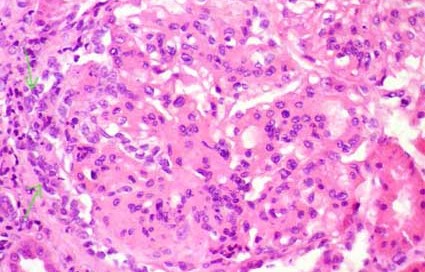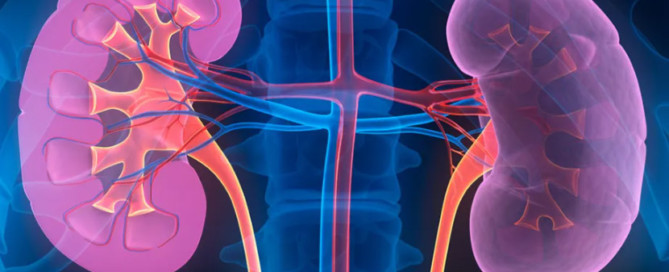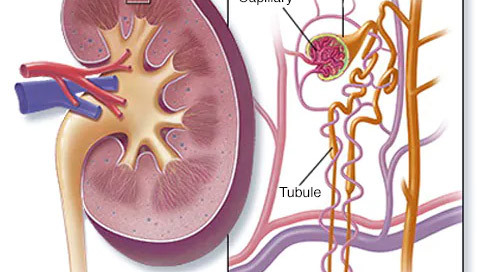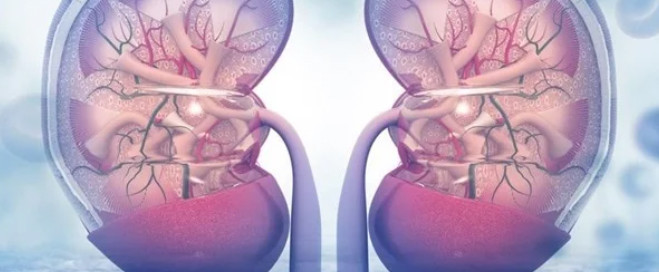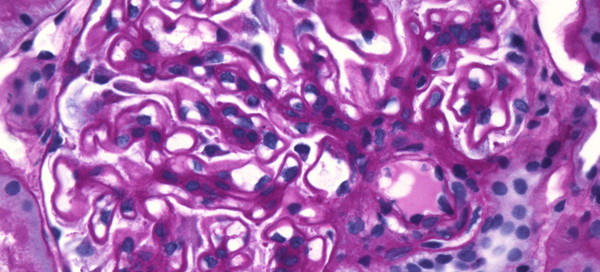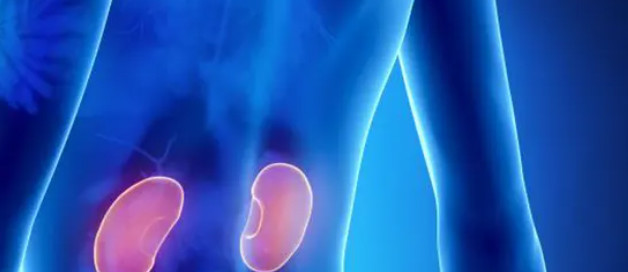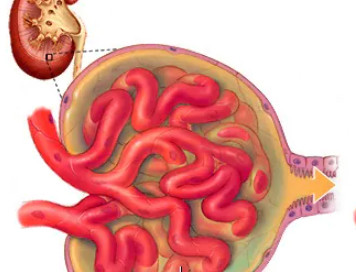3 Things I Learned About Intermittent Fasting
See my story about how I went from thinking intermittent fasting was impossible to making it a routine habit. What I learned Intermittent Fasting is Not Hard The Body Adapts It Gave Me Confidence The health benefits of intermittent fasting are outlined in this article from the New England Journal of Medicine. https://www.nejm.org/doi/full/10.1056/NEJMra1905136



